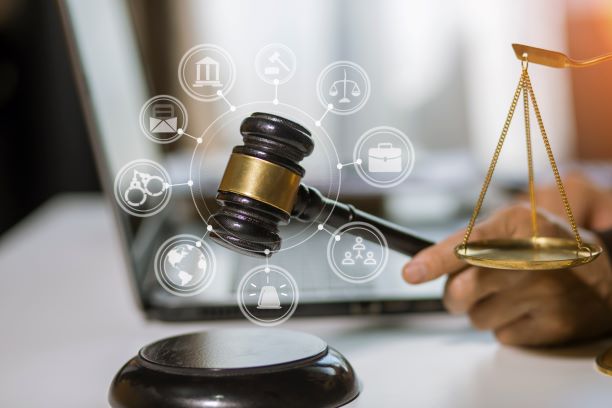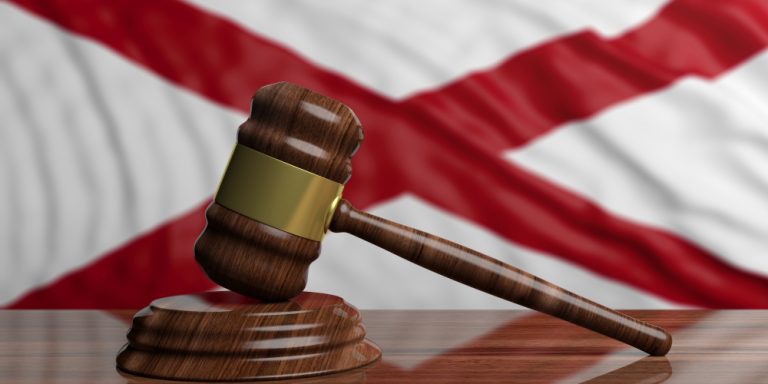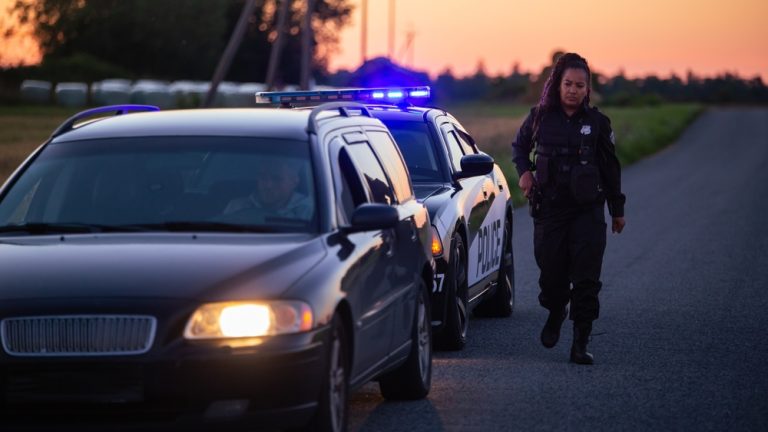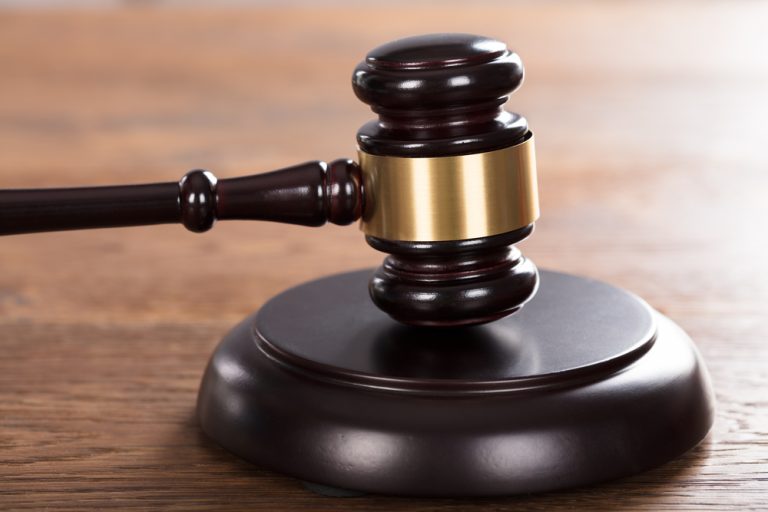Legislators Finally Pass a Bill to Implement Florida's Medical Marijuana Constitutional Amendment
Legislators Finally Pass a Bill to Implement Florida's Medical Marijuana Constitutional Amendment
On the last day of the Special Session, the Florida Legislature passed a seventy eight-page bill titled an Act relating to medical use of marijuana. While many questions are still left unanswered, there are some takeaways for Florida’s law enforcement officials that are important to learn.
Who is Entitled to Use Medical Marijuana?
Under the new bill which followed the Constitutional Amendment on this area, a person has to be a “qualified patient” or a caregiver in order to use or handle medical marijuana. To become a qualified patient, an individual must be diagnosed by a physician as having at least one of the following conditions: cancer, epilepsy, glaucoma, HIV, AIDS, PTSD, ALS, Crohn’s disease, Parkinson’s disease, multiple sclerosis, a terminal medical condition or chronic nonmalignant pain. Chronic nonmalignant pain means pain that is caused by a qualifying medical condition or that originated from a qualified medical condition.
Medical Marijuana Use Registry Assessable to Law Enforcement
The Department of Health is required to create and maintain a secure, electronic, and online medical use registry for doctors, patients and caregivers. The registry is required by law to be accessible to law enforcement agencies.
Forms of Marijuana Permitted
Medical marijuana is permitted in pill, edible and vaping delivery methods. Smoking is not allowed under any circumstances under this Legislation. Note in the Amendment 2 vote, the language was to prohibit smoking in public places. Prominent promoters of the Amendment are threating suit already before the ink on the new legislation is dry because they insist that the Legislature should have permitted smoking.
Law Enforcement Will Have to Be Knowledgeable
Medical use means the acquisition, possession, use, delivery, transfer, or administration of marijuana authorized by a physician certification. The term does not include:
- Possession, use, or administration of marijuana that was not purchased or acquired from a medical marijuana treatment center;
- Possession, use or administration of marijuana in the form of smoking;
- Transfer of marijuana to a person other than the qualified patient or the patient’s caregiver;
- Use of marijuana on any form of public transportation, except for low-THC;
- Use of marijuana in a qualified patient’s place of employment, except when permitted by his or her employer;
- Use of marijuana in a state correctional institution;
- Use of marijuana on the grounds of a preschool, primary school, or secondary school, except as provided by s. 1006.062.; and
- Use of marijuana in a school bus, a vehicle, an aircraft or a motorboat, except for low-THC cannabis.
Criminal Penalties
There are also many criminal penalties set forth in the bill. There are two activities that law enforcement will likely face. First, a qualified patient or caregiver who cultivates marijuana or who purchases or acquires marijuana from any person other than a medical marijuana treatment center violates s. 893.13 F. S. and is subject to the penalties therein. Second, a qualified patient or caregiver in possession of marijuana or a marijuana delivery device who fails or refuses to present his or her authorized marijuana registry identification card upon the request of a law enforcement officer commits a misdemeanor of the second degree unless it is determined through the medical marijuana use registry that the person is authorized to be in possession of that marijuana or marijuana delivery device.
Governor Scott has stated that he will sign this comprehensive legislation which will likely trigger the Department of Health’s rule-making process. Expect several groups to attack this implementation of Amendment 2 – some for going too far and some for not going far enough.







